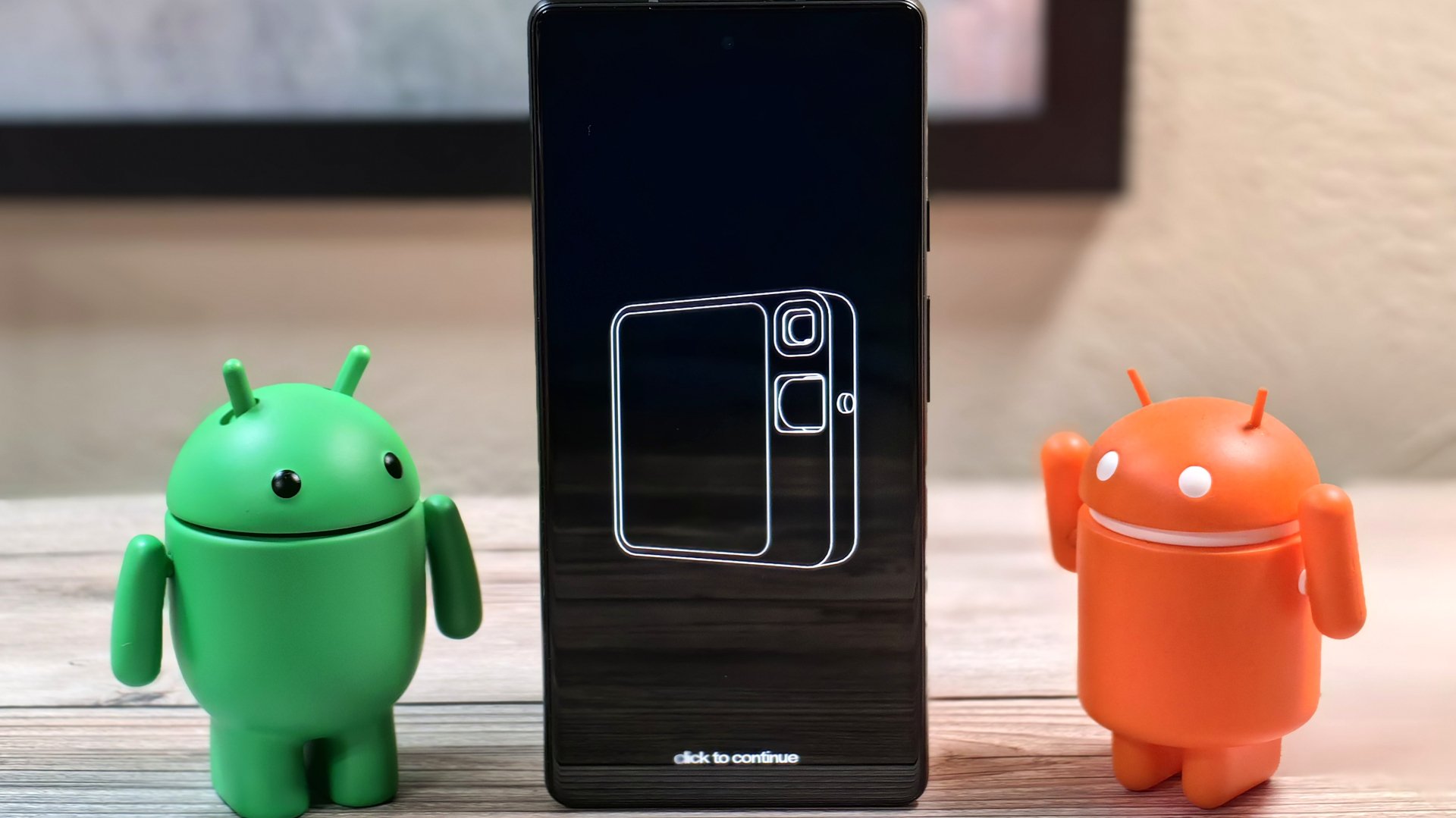See, it turns out that the Rabbit R1 seems to run Android under the hood and the entire interface users interact with is powered by a single Android app. A tipster shared the Rabbit R1’s launcher APK with us, and with a bit of tinkering, we managed to install it on an Android phone, specifically a Pixel 6a.
Edit: Someone also got doom and Minecraft running on this thing




R1s statement in response from the article:
So there’s literally no reason for this to have been a device at all.
But it’s android, so linux, so GPL2, so they have to share these modifications (if they really exist). It’s bootleg until soneone sues them.
You’d be surprised how many companies ignore GPL. Providing broken links to the source code tarballs, telling you to send an email request to get the code then proceed to ignore the requests, etc. Only the most famous case got sued, the rest simply got away with it.
Yes, I know, but that shouldn’t be a norm.
There was a case this year, where SFC, a nonprofit organization won against Vizio for LGPL violation. It’s important, because SFC was just a normal consumer, not the owner of the original code. So now just a random user can sue this Rabbit company, and they should win, more details here: https://blog.lukaspanni.de/2024/01/09/the-significance-of-the-vizio-judgment-for-open-source-compliance-programs/
Edit: the case is not settled yet, but ongoing since 2021: https://sfconservancy.org/copyleft-compliance/vizio.html
And there are other funny solutions, like when a Chinese “tech influencer/diy maker” Naomi Wu aka SexyCyborg just simply walked into the office of a Chinese manufacturer, and requested the source code in person: https://www.youtube.com/watch?v=Vj04MKykmnQ
Here is an alternative Piped link(s):
https://www.piped.video/watch?v=Vj04MKykmnQ
Piped is a privacy-respecting open-source alternative frontend to YouTube.
I’m open-source; check me out at GitHub.
The Linux Kernel is GPL2, the Android OS is Apache.
AOSP is not GPL
They wrote “lower level firmware modifications”, AOSP runs on Linux kernel, and firmware modifications usually mean they modified the Linux kernel. This device seems like a regular Android phone, and afaik this rules apply to all Android phones, that’s why Android rom cooking can exist.
They may be compelled to release any driver code associated, however firmware is not covered by relation to kernel. Linux runs on mostly proprietary firmware. The “linux-firmware” package in many distributions that contains hot plug firmware is mostly proprietary blobs.
That said I doubt they had much significant firmware work, it may just be logo and some tweaked configuration from their SoC vendor. They likely had to modify AOSP a bit more to allow their launcher unfettered access to the device in ways not modeled by standard AOSP, but that’s user space that isn’t GPL.
This was a marketing post, not a technical one. Unless we see any git branches or ROM teardown we won’t know what they were doing. I highly doubt that they did any kernel patches though.
Was that in question? I thought it was clear from the beginning that it does pretty much everything in the cloud.
Yeah, if you weren’t convinced this was a waste of money before finding out that it’s like this, you’re not going to be convinced by this.
No rea$on at all, except for that one little rea$on that we alway$ $eem to keep coming back to…